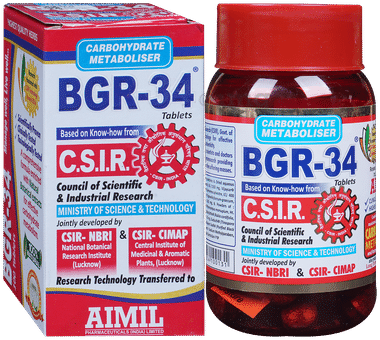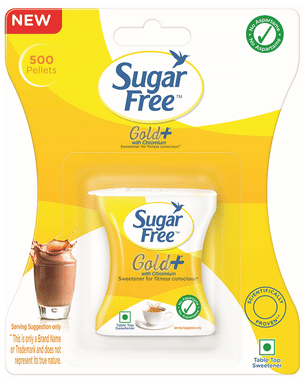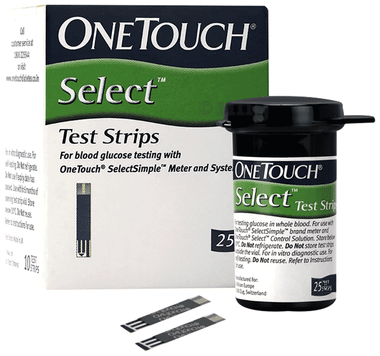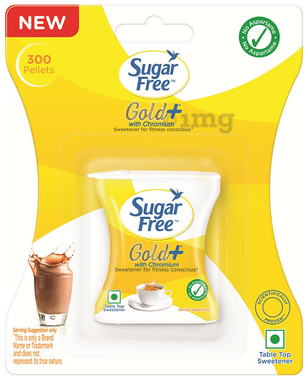Simezan-D Tablet ER
 Prescription Required
Prescription Required

Product introduction
Simezan-D Tablet ER can be taken with or without food at any time of the day, but try to take it at the same time every day. The dose will be decided by your doctor, so do not stop taking it without asking them. If you do, your blood sugar levels may increase your risk of serious complications like kidney damage and blindness. This medicine is only a part of the treatment program that should include a healthy diet, regular exercise, and weight reduction as advised by your doctor.
The most common side effects of this medicine include urinary tract infection, nasal congestion, sore throat, and upper respiratory tract infection. Drinking plenty of fluids while using it will help prevent dehydration. Some people may develop fungal infections in the genital area. Maintaining good hygiene can help prevent this.
Before taking Simezan-D Tablet ER, inform your doctor if you have any kidney or liver problems, a urinary tract infection, or if you are on water pills (diuretics). Pregnant or breastfeeding women should also consult their doctor before taking it. Avoid excessive alcohol intake while taking this medicine, as this may increase the risk of some side effects. Monitor your blood sugar levels regularly while taking this medicine.
Uses of Simezan-D Tablet ER
Benefits of Simezan-D Tablet ER
In Treatment of Type 2 diabetes mellitus
Side effects of Simezan-D Tablet ER
Common side effects of Simezan-D
- Diarrhea
- Nausea
- Vomiting
- Flatulence
- Genital fungal infection
- Nasopharyngitis (inflammation of the throat and nasal passages)
- Urinary tract infection
- Headache
How to use Simezan-D Tablet ER
How Simezan-D Tablet ER works
Safety advice
What if you forget to take Simezan-D Tablet ER?
All substitutes
Quick tips
- Your doctor will monitor your blood sugar levels and kidney function regularly while you are taking this medication.
- Hypoglycemia (low blood sugar level) may occur when Simezan-D Tablet ER is taken along with other antidiabetic medicines, alcohol, or when delaying/skipping a meal. Check your blood sugar levels and have a snack/sugar source for immediate relief.
- If you get unusually thirsty, pass urine more frequently, or feel tired, let your doctor know. These are signs that there is too much sugar in your blood, and your dose may need adjusting.
- Lifestyle changes, like a low-fat and salt diet, exercise, not smoking, and cutting down on the amount of alcohol you normally drink, may help this medicine work better.
Fact Box
Patient concerns
FAQs
What is Simezan-D Tablet ER used for?
Can anyone with diabetes take Simezan-D Tablet ER?
What are the serious side effects of Simezan-D Tablet ER I need to watch for?
Can Simezan-D Tablet ER affect my kidneys or liver?
Can I take Simezan-D Tablet ER if I am pregnant or breastfeeding?
Will Simezan-D Tablet ER make my blood sugar too low?
What should I avoid while taking Simezan-D Tablet ER?
Can I take other medicines with Simezan-D Tablet ER?
Disclaimer:
Tata 1mg's sole intention is to ensure that its consumers get information that is expert-reviewed, accurate and trustworthy. However, the information contained herein should NOT be used as a substitute for the advice of a qualified physician. The information provided here is for informational purposes only. This may not cover everything about particular health conditions, lab tests, medicines, all possible side effects, drug interactions, warnings, alerts, etc. Please consult your doctor and discuss all your queries related to any disease or medicine. We intend to support, not replace, the doctor-patient relationship.References
Marketer details
Lab tests offered by us











